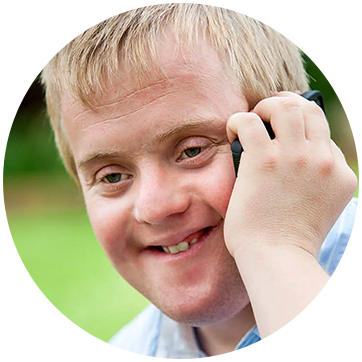In Safe Hands

Child Protection, safeguarding and promoting the welfare of children is everybody’s responsibility although our individual roles in the process may be different.
 Sequel Support works in liaison with the local and placing Children’s Services office and has developed an in-depth Child Protection Policy and local
procedures, all in accordance with Regulation 16 of the Children’s Homes Regulations 2015.
Sequel Support works in liaison with the local and placing Children’s Services office and has developed an in-depth Child Protection Policy and local
procedures, all in accordance with Regulation 16 of the Children’s Homes Regulations 2015.
All Safeguarding issues will be taken seriously and in no circumstances will they, or the disclosures, be taken lightly or ignored. These issues will be investigated according to the local and placing authorities’ Safeguarding Procedures.
All team members are trained in recognising, understanding and reporting safeguarding concerns. The registered manager is the designated safeguarding officer. Our safeguarding policy is available on request from any of the staff team at Sequel Support.






 Sequel Support recognises that bullying can happen to anyone at any age. Bullying can be defined as aggressive and threatening behaviour that is
designed to intimidate or persecute other people and can come in a variety of formats typically categorised as; verbal, physical, social, emotional and cyber bullying and can be further broken down into a
variety of kinds of bullying that include; homophobic, racist, sexist and ableist.
Sequel Support recognises that bullying can happen to anyone at any age. Bullying can be defined as aggressive and threatening behaviour that is
designed to intimidate or persecute other people and can come in a variety of formats typically categorised as; verbal, physical, social, emotional and cyber bullying and can be further broken down into a
variety of kinds of bullying that include; homophobic, racist, sexist and ableist.








